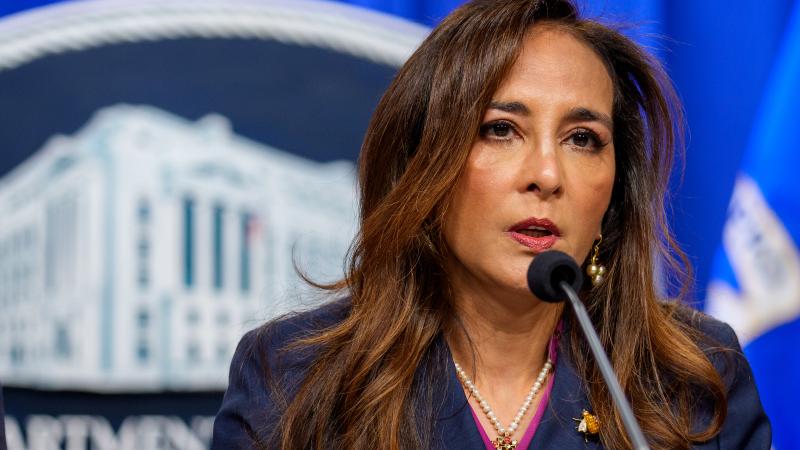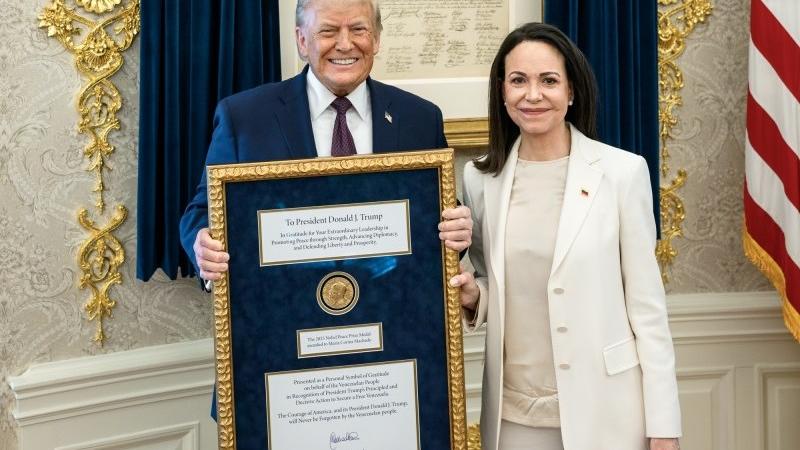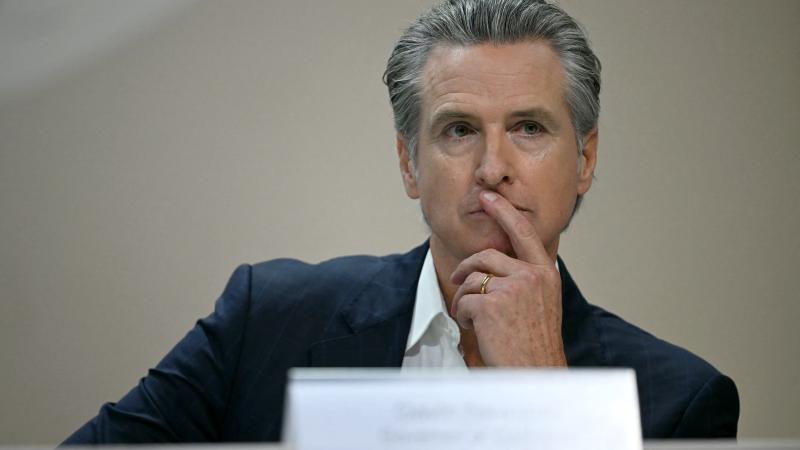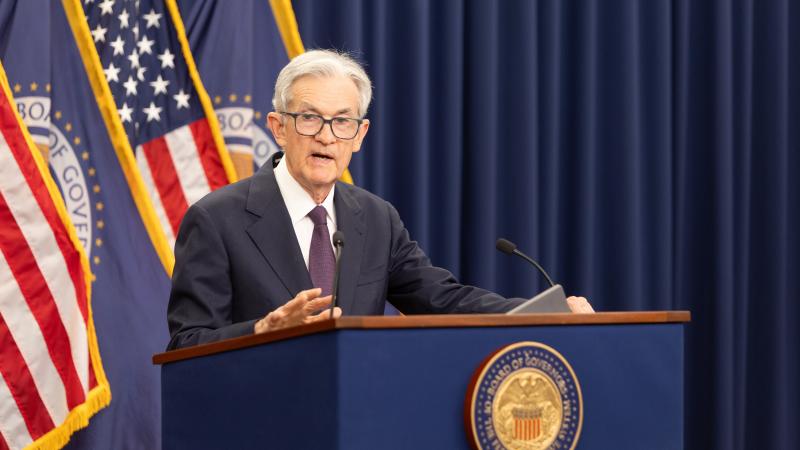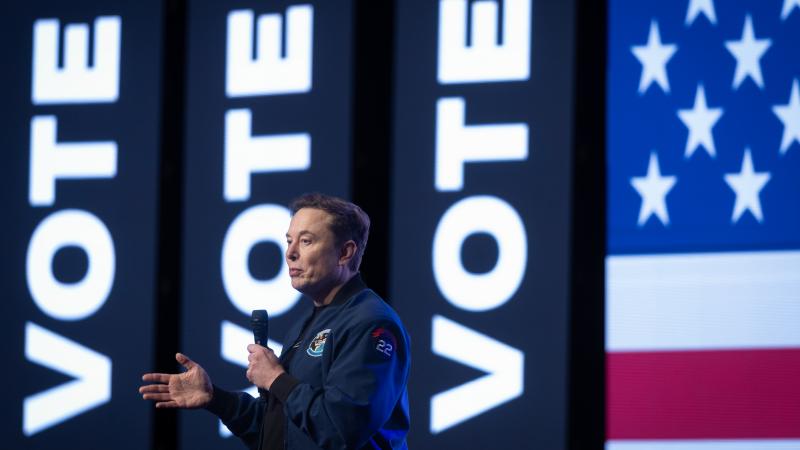RFK Jr., Rubio formally reject World Health Organization's expansion of power in pandemics
Proposed amendments to International Health Regulations "open the door to the kind of narrative management, propaganda, and censorship that we saw during the COVID pandemic," Kennedy says.
The departments of State and Health and Human Services formally rejected the amendments to the International Health Regulations adopted by the World Health Assembly last year, which would expand World Health Organization authorities in public health emergencies.
"The amended IHR would give the WHO the ability to order global lockdowns, travel restrictions, or any other measures it sees fit to respond to nebulous 'potential public health risks,'" and the regulations were set to become binding on the U.S. July 19 regardless of its withdrawal from the WHO, the departments jointly said Friday.
The amendments would infringe on domestic public health responses and do not "adequately address the WHO's susceptibility to the political influence and censorship - most notably from China - during outbreaks," the statement says.
They also "suggest that countries develop capabilities that jeopardize management and dissemination controls over public health information, potentially stifling valuable scientific debate," and they "compel countries to adopt digital health documents."
HHS Secretary Robert F. Kennedy said in a video the amendments "open the door to the kind of narrative management, propaganda, and censorship that we saw during the COVID pandemic," and the U.S. can cooperate internationally "without jeopardizing our civil liberties, without undermining our Constitution, and without ceding away America’s treasured sovereignty."
State Secretary Marco Rubio said the amendments' terminology is "vague and broad, risking WHO-coordinated international responses that focus on political issues like solidarity, rather than rapid and effective actions."
Republican Members of Congress including Wisconsin Sen. Ron Johnson, sponsor of the No WHO Pandemic Preparedness Treaty Without Senate Approval Act, praised the action in another statement circulated by HHS.



